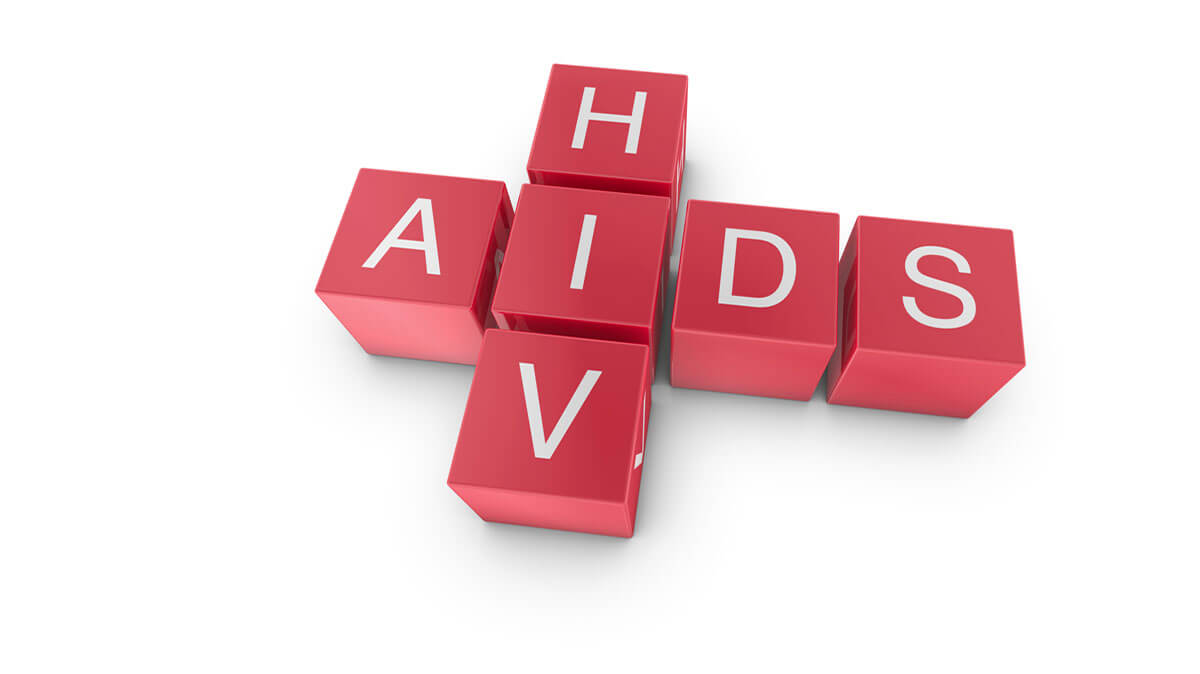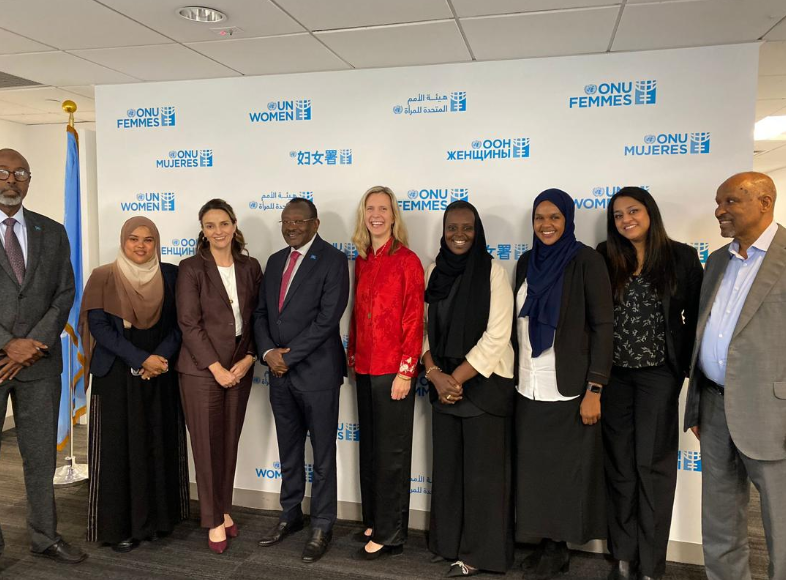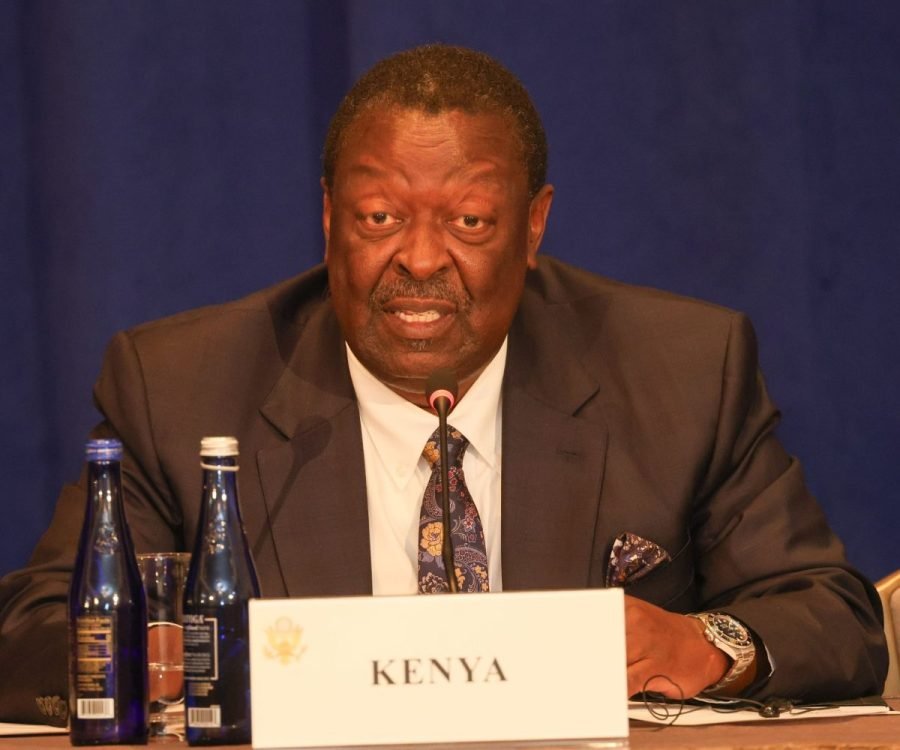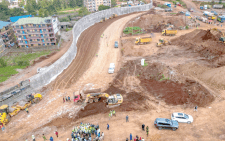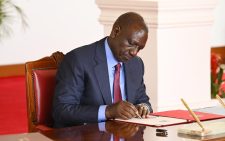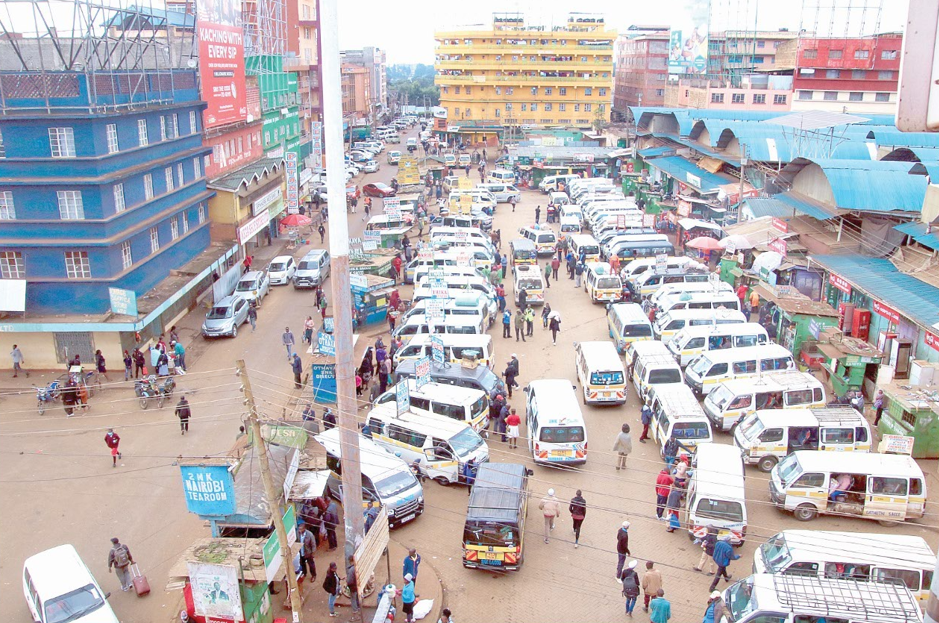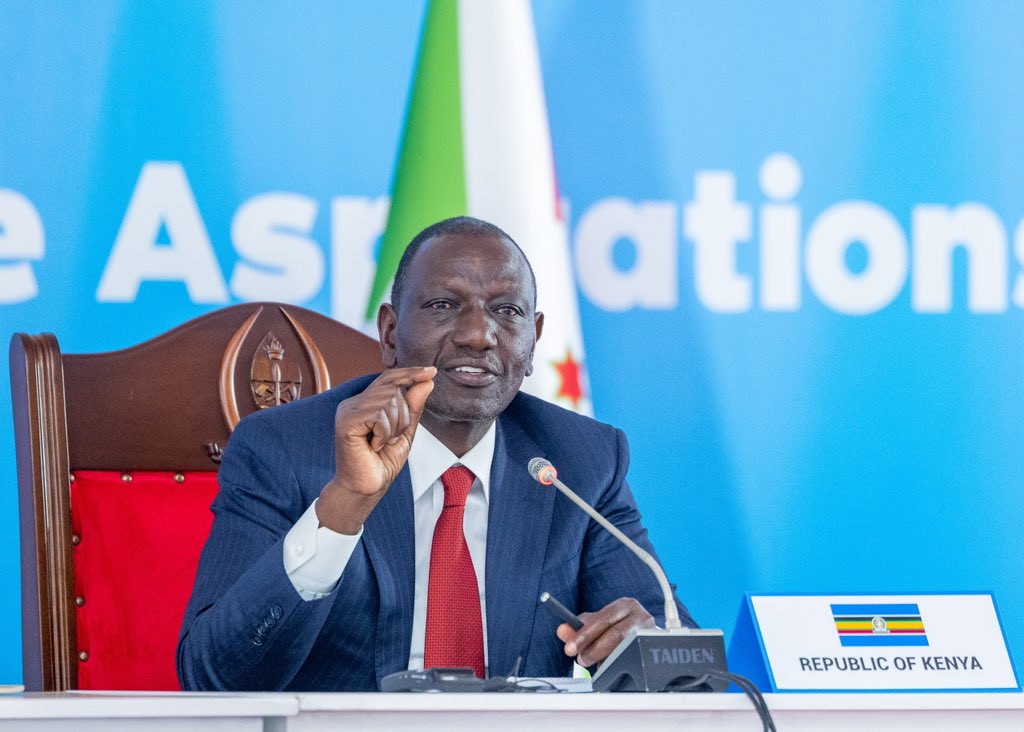Humanitarian aid still crucial for human survival

In a world that has become extremely materialistic and unsympathetic, it is easy to lose hope for redemption, in the face of the apparently insurmountable challenges facing mankind.
Generally, individuals have become selfish, and countries unilateral, in their relationships.
The foregoing observation is relevant right now as the world marks the annual 2020 World Humanitarian Day (WHD).
The WHD, which is celebrated on August 9, marks the 12th year since the United Nations (UN) formalised the event in remembrance of the killing of 22 humanitarian workers at the Canal Hotel in Baghdad, Iraq.
Since emergence of Covid-19 last year, the priceless value of humanitarian work has become inevitable.
Humanitarian staff form the core of frontline workers protecting lives from the coronavirus.
Moreover, these workers have to manage hitherto existing humanitarian crises in the shadow of the pandemic.
According to the UN, humanitarians “are treating and preventing Covid-19, providing food to vulnerable people in need, providing safe spaces for women and girls in lockdown; delivering babies; fighting locusts and running refugee camps, all amid the pandemic.”
Humanitarian crises is defined as events that threaten human life “in terms of health, safety or well-being.”
Now, not all countries are able to manage these incidents mainly due to a dearth of resources, which necessitates foreign intervention.
Statistics show that in 2019, 125 aid workers were killed, 234 wounded and 124 kidnapped in separate incidents worldwide.
The World Health Organisation alone reported 199 deaths and 628 injuries as a result of attacks on both healthcare workers and facilities.
The “global humanitarian assistance report 2019” published by the development initiatives group observes that the value of the global humanitarian response rose from $22.2 billion in 2014 to $28.9 billion in 2019.
Much of this aid in 2017 was sent to the war-torn Middle East countries of Syria, Yemen, and Iraq, and South Sudan and Somalia in Africa.
The biggest givers in 2019 included the US, Germany and European Union institutions.
Amid the increasingly challenging environment, quite a lot was achieved in ameliorating human suffering.
For instance, almost 29 million children were vaccinated against measles, 32.2 million people were provided with safe water for domestic use and more than 92 million children and caregivers were offered mental health and psychosocial support.
While some of the careers in this sector are highly paying, it does not negate the fact that no amount of remuneration, can compensate those who lose their lives or end up permanently maimed in the course of giving material and logistic aid to people in need of assistance, particularly during and after natural and man-made disasters.
Humanitarian work is not just another job. Even with massive resources, any entity with no genuine empathy may not sustain it without exploiting the abuse that the opportunity offers.
Some powerful countries have been accused of using humanitarian aid as a carrot and stick in their geopolitical strategy.
Countries that have fallen out of favour with some donors have ended up in a blacklist, whose aim is to manipulate them.
Luckily, emerging superpowers like China are stepping in to fill the humanitarian material and ideological vacuum created by the so called donor fatigue.
During the current pandemic, China has given out millions of dollars’ worth of aid around the world in form of drugs, and medical and personal protective equipment.
During this pandemic era,, some developed countries have even benefited from specialised Chinese capacity building.
However, it is immoral for rich countries to use aid as a tool for domination or other manipulative purposes against hapless partners.
This can be avoided if all donors followed the four guiding principles as espoused by the UN General Assembly – humanity, neutrality, impartiality and independence. — The writer comments on international affairs

